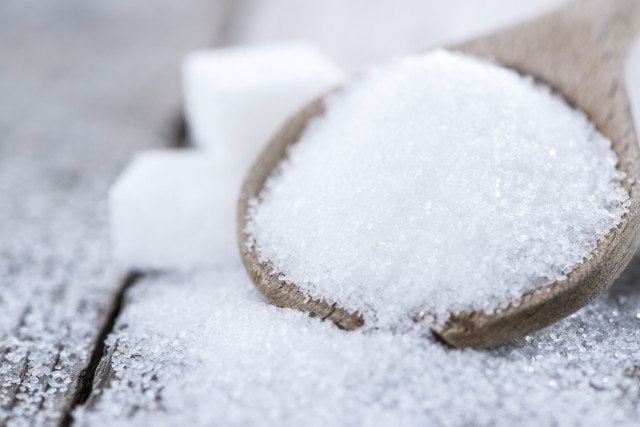The prebiotic fiber inulin is in demand with strong consumer desire for less sugar, more protein and products that support digestive wellness, says food and beverage consultant Julian Mellentin of New Nutrition Business.
“Inulin has become a success as a natural sugar replacer, used in an ever-growing number of products, and its presence means that companies can also flag up the enhanced fiber content on the label,” he says.
Sugar reduction plus more protein is a big driver – as pioneered by brands like Halo Top ice-cream, which grew from nothing to US$350 million in retail sales in five years on the back of offering these twin benefits.
“Protein is now a ‘permission to indulge’ ingredient, increasingly widely used in ice-creams and desserts – where it is often paired with inulin,” Mellentin says.
“Sales of breakfast cereals have suffered in recent years, both from the lower sugar and lower carb trends, but many brands are discovering that they can gain sales in a challenging market by using inulin to offer both a digestive wellness benefit and a low sugar promise – “two of the biggest consumer growth trends.”
Troo Granola, for example, uses inulin syrup in its products because it serves both as a prebiotic fiber and a sweetener, giving a more appealing taste to consumers while keeping the sugar low.
In the US, Koia’s plant-based keto-friendly drink range uses a combination of monkfruit and “chicory root fiber” to deliver a no-added-sugar product that’s high in protein.
Mondelez-backed Uplift Foods products use inulin as a ‘transporter’ for probiotics and flag up 0g of sugar on pack.
In the UK, Graham’s Family Dairy’s Graham’s Goodness ice-cream is “an ‘indulgent’ ice-cream that you can enjoy without the guilt!”.
The salted caramel flavor for example, has (per 450ml tub) 22g of protein and 320 calories (with a calorie count front and centre of the pack) – about a quarter the calories of regular ice-cream.
The brand is lower in sugar, resulting in about 8g of fiber per pack. Sales have out-stripped the company’s expectations, with consumers buying as many as six or eight tubs of product in each shop.
What is inulin?
Inulin is a type of soluble fiber found in many fruits and vegetables, such as bananas, onions, wheat and chicory root.
It is made up of chains of fructose molecules that are linked together in a way that cannot be digested by the small intestine.
Instead, it travels to the lower gut, where it functions as a powerful prebiotic.
But few brands mention the term ‘prebiotic’ on their label.
The name “prebiotics” has been a problem because consumers don’t know what they are – and confuse them with the better known “probiotic”.
Sometimes brands refer to their prebiotic ingredients by their source, such as ‘chicory’ or ‘chicory root’, in an effort to avoid confusion and make a connection to their natural origin.










